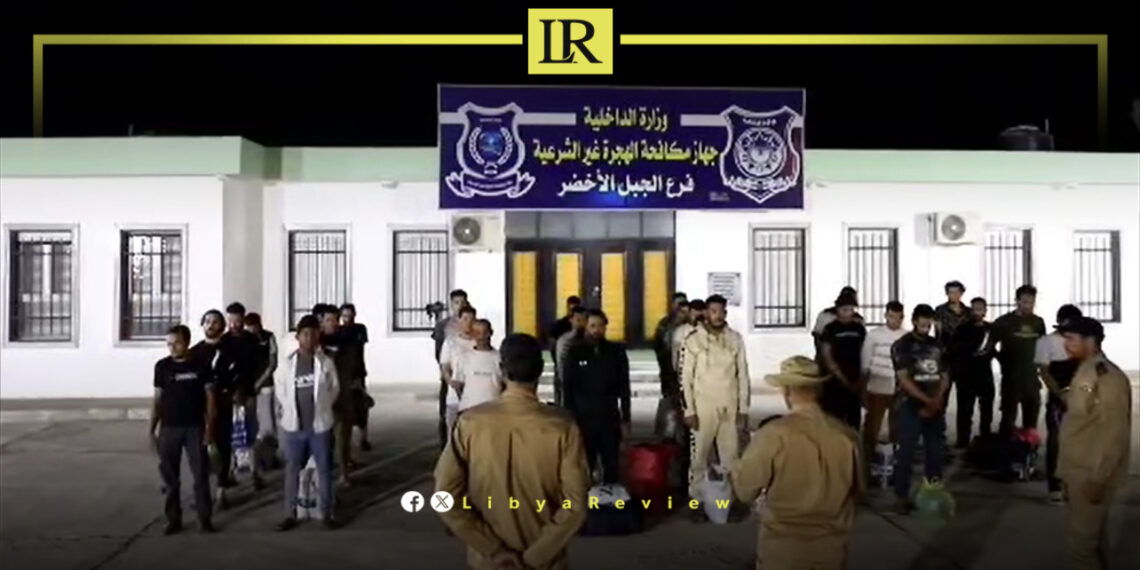The Green Mountain branch of Libya’s Anti-Illegal Migration Agency has begun the deportation of a group of undocumented migrants via the Umm Saad land border crossing.
According to officials, the deportees were of Egyptian nationality, including several cases of individuals suffering from infectious diseases. Health authorities coordinated with the agency to implement necessary medical and preventive measures before the deportation process.
The Anti-Illegal Migration Agency stressed that the operation is part of its ongoing efforts to enforce Libyan law and curb irregular migration. Authorities underlined that all procedures were carried out in line with humanitarian standards and within the framework of legal regulations governing the treatment of migrants.
The move comes as Libya continues to face mounting pressure as a transit hub for migrants attempting to cross into Europe, with security and health concerns often driving stricter enforcement measures at border points.
Libya has been in chaos since a NATO-backed uprising toppled longtime leader Muammar Gaddafi in 2011. The county has for years been split between rival administrations.
Libya’s economy, heavily reliant on oil, has suffered due to the ongoing conflict. The instability has led to fluctuations in oil production and prices, impacting the global oil market and Libya’s economy.
The conflict has led to a significant humanitarian crisis in Libya, with thousands of people killed, and many more displaced. Migrants and refugees using Libya as a transit point to Europe have also faced dire conditions.
The planned elections for December 2021 were delayed due to disagreements over election laws and the eligibility of certain candidates. This delay has raised concerns about the feasibility of a peaceful political transition.
Despite the ceasefire, security remains a significant concern with sporadic fighting and the presence of mercenaries and foreign fighters. The unification of the military and the removal of foreign forces are crucial challenges.


